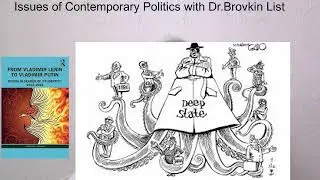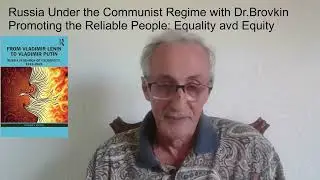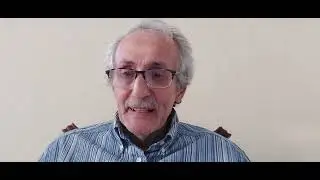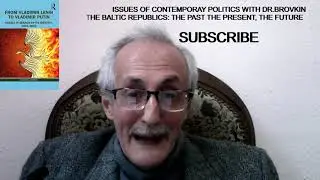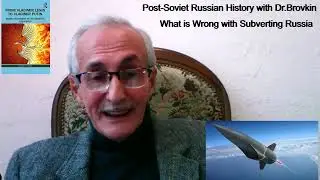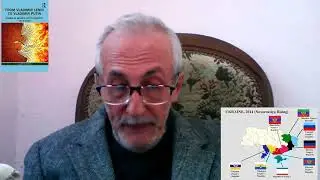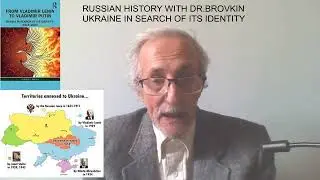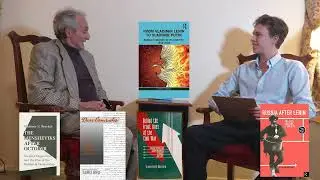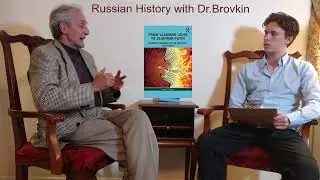Promoting Reliable People: Equality or Equity: The Soviet Experience
How to promote the disadvantaged? Is the goal equality before the law? Or is it equity i.e. equal outcomes for people of disadvantage? These issues are considered here based on Soviet experience. The Bolsheviks launched a campaign in 1924 to promote the disadvantaged people to positions of authority. The old "bourgeois" specialists were deemed unreliable and the new semi-literate upstarts were to replace them. How this social experiment was run? What were the mentality of the upstarts? How did they define their role? Did they manage to fulfill their task? Is their experience relevant for the contemporary world and for the United States?
Dr. Brovkin is an American historian, who was born in the Soviet Union, now retired, he got his PhD from Princeton in 1984 and served as an Associate Professor of Soviet History at Harvard University in the 1990s. He was an editor, consultant and teacher, lived in Morocco, Germany and France. He is the author of 7 books on the history of Russia; the latest is featured here: From Vladimir Lenin to Vladimir Putin: Russia in Search of Its Identity (London; Routledge 202); and Russia After Lenin, and Behind the Front Lines of the Civil War: Political Parties and Social Movements in Russia (Princeton U press 1989) All these books are available from the publisher or Amazon. One book was published in Russia and in Russian: Velikaya Oktiabrskaya Katastrofa available in Blue Berries.ru or Ozon.ru. or Litres.ru












